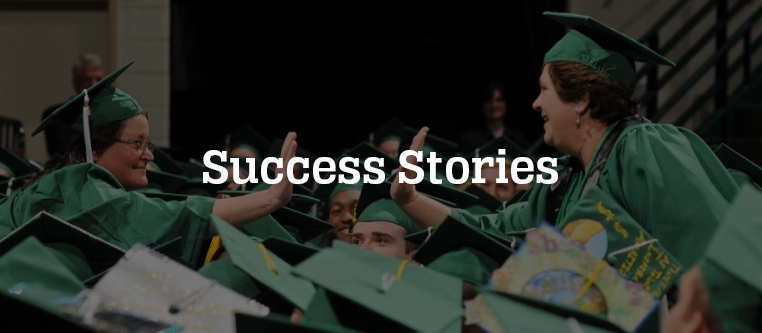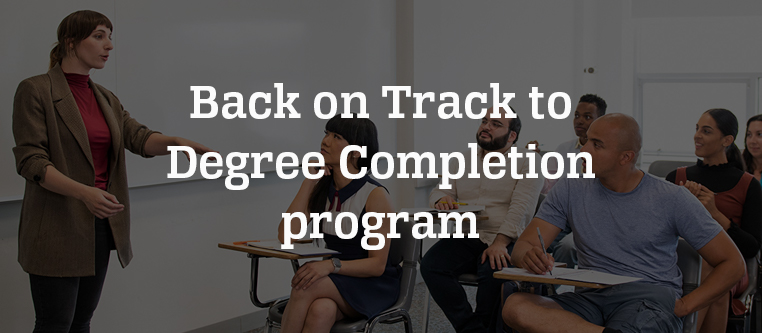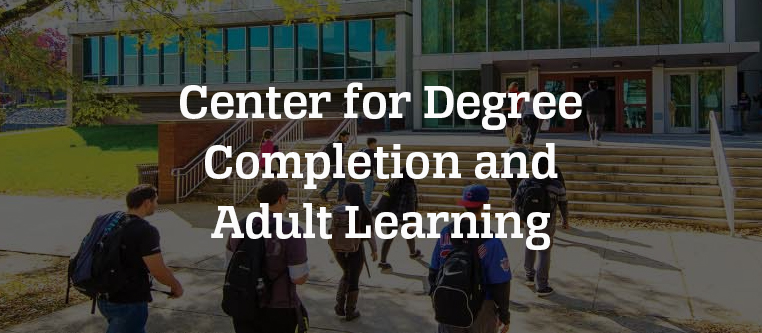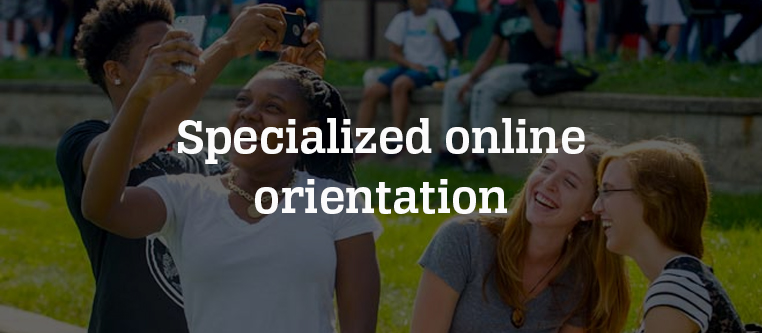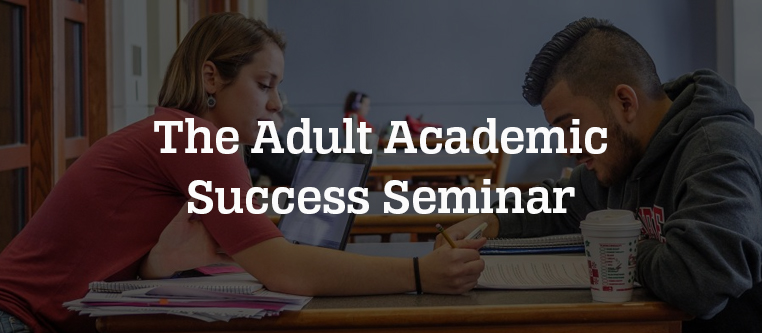3 Strategies to Welcome Adult Learners Back

By thoughtfully addressing the needs of returning and adult learners, your institution can foster a sense of belonging and set learners up for academic and personal success.
Every re-enrolled adult learner is a valuable addition to a college or university’s student population, bringing with them a wealth of life experiences, diverse perspectives, and a renewed commitment to personal and professional growth. Orientation is a defining moment for adult learners, one that creates a first impression of your institution and sets the tone for their journey to graduation. An inclusive and supportive orientation acknowledges the unique challenges faced by adult learners, instills them with confidence, and provides the resources they need to thrive academically and persist to graduation. Here are three strategies to help you create an orientation that resonates with adult learners and leaves a lasting positive impression.
Showcase adult learner success
Most likely, your school has already incorporated testimonials from traditional students into your orientation materials. But how many of your testimonials highlight adult learners from a variety of backgrounds and life experiences?
Authentic testimonials create a deeper connection and inspire adult learners to see themselves as future graduates. Here are some guidelines for creating compelling testimonials:
- Select a variety of nontraditional students and backgrounds to share their tips and resources: working parents, veterans, career switchers, etc.
- Capture real perspectives, including fears, obstacles, and how they overcame them.
- Include key specifics, like how long they’ve been out of school, family/work commitments, reasons for leaving and returning, and strategies used to succeed.
- Showcase different motivations and accomplishments, like returning for a new career or setting an example for their kids.
Examples
Go beyond academic resources
To be successful, returning and adult learners need a range of support services and resources that align with their circumstances, including:
- Flexible academic programming such as completely online, hybrid, and/or accelerated courses
- Dedicated financial aid including grants, scholarships, and payment plans
- Generous transfer credit policies to speed up time to degree completion
- Student services such as transportation, childcare, and access to technology
- Reduced or no re-application or transfer fee
- SAP policy that facilitates pathways back for students with a plan to remediate
An orientation that is geared toward adult learners should take time to highlight the support resources available to them. Consistent promotion of these resources following orientation makes sure this population feels seen and valued. Consider taking the extra step to connect adult learners with peer mentors. These mentors share their experiences, help new learners navigate their journey back to school, and smooth the onboarding process.
Download our new guide
Strategy In Action: Reimagining Orientation for Adult Learners
Get tips and best practices to help you create an orientation that serves the unique needs of your adult learners.
Examples
Create a welcoming environment
Events and orientation not only ease the transition back to college life for adult learners but also offer ways to make connections and build a support network. To create events adult learners will value, consider the following:
- Initial outreach: Use multiple channels, including email campaigns, social media, and personalized invitations, to reach attendees.
- In-person and virtual options: Offer both in-person and virtual attendance options to accommodate different preferences, increase accessibility, and boost overall participation.
- Dedicated space for affinity groups: Provide dedicated spaces or time slots for affinity groups to meet, network, and share experiences. This fosters inclusiveness within the event.
- Informal social activities: Plan casual, unstructured social activities like coffee breaks, happy hours, or informal meet-and-greets to encourage adult learners to relax and connect.
- Alumni panels: Feature alumni panels where former attendees or graduates share their experiences, insights, and success stories. This adds value to the event by providing real-world perspectives and inspiration.
- Highlight campus support and resources: Give the support and resources available on campus or within your institution high visibility at events. This may include career services, mental health resources, academic support, and extracurricular opportunities.
Examples
Rethink your approach to orientation
Returning to higher education is a big decision for many adult learners. Reentry can be a vulnerable time, as learners add school to work, family, financial obligations, and community responsibilities. An orientation for this population needs to set the tone for a positive experience, acknowledging their unique circumstances while also highlighting the appropriate support services. Each effort to understand and accommodate adult learners’ unique needs not only contributes to their success but also enhances the entire academic community.
Learn more about our work with adult learners and institutions of higher education through our case studies and learner stories. For our latest thoughts on how to support adult learners, follow us on LinkedIn.
Let’s start the conversation
Schedule a call with a ReUp team member to learn more about what a ReUp partnership could do for your institution.
